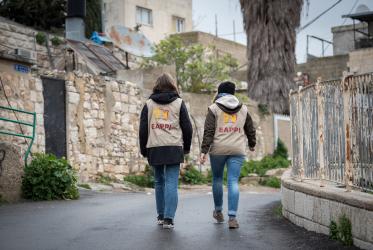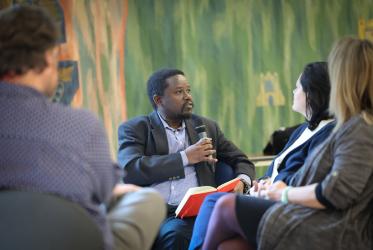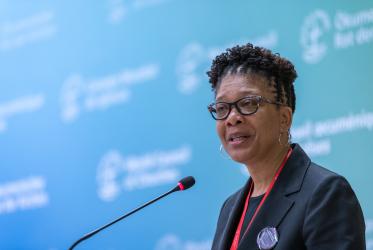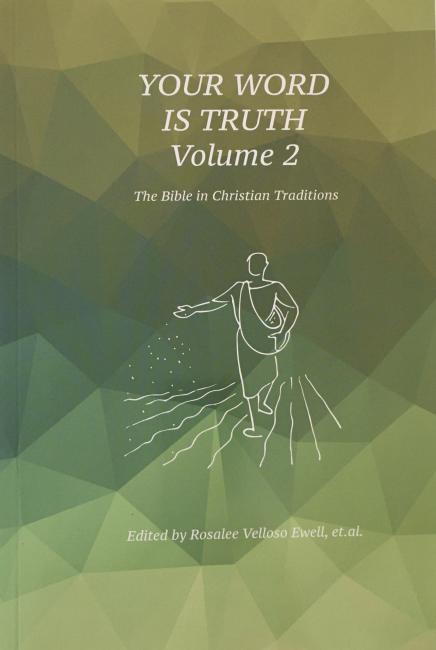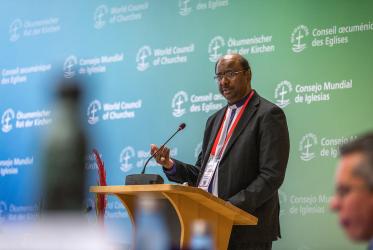Mostrando 61 - 80 de 1090
31 Octubre 2023
“הכיבוש אינו יכול להחזיק מעמד לנצח”
31 Octubre 2023
“La ocupación no puede durar para siempre”
30 Octubre 2023
הילדים מרגישים בטוחים ללכת לבית הספר כאשר ה-EA נוכחים
30 Octubre 2023
A Guide for Churches on the Prevention of Obstetric Fistula
26 Octubre 2023
At peace conference, WCC focuses on overcoming racism
26 Octubre 2023
“The occupation can’t last forever”
25 Octubre 2023
“They want to live without fear and constant harassment”
25 Octubre 2023
Kids Feel Safe Going to School when EAs are Present
23 Octubre 2023
Recommended Practices to Combat HIV-Related Stigma
A Guidebook for Local Faith Communities
05 Octubre 2023
Faith Sector Implementation of the Global AIDS Strategy
05 Octubre 2023

